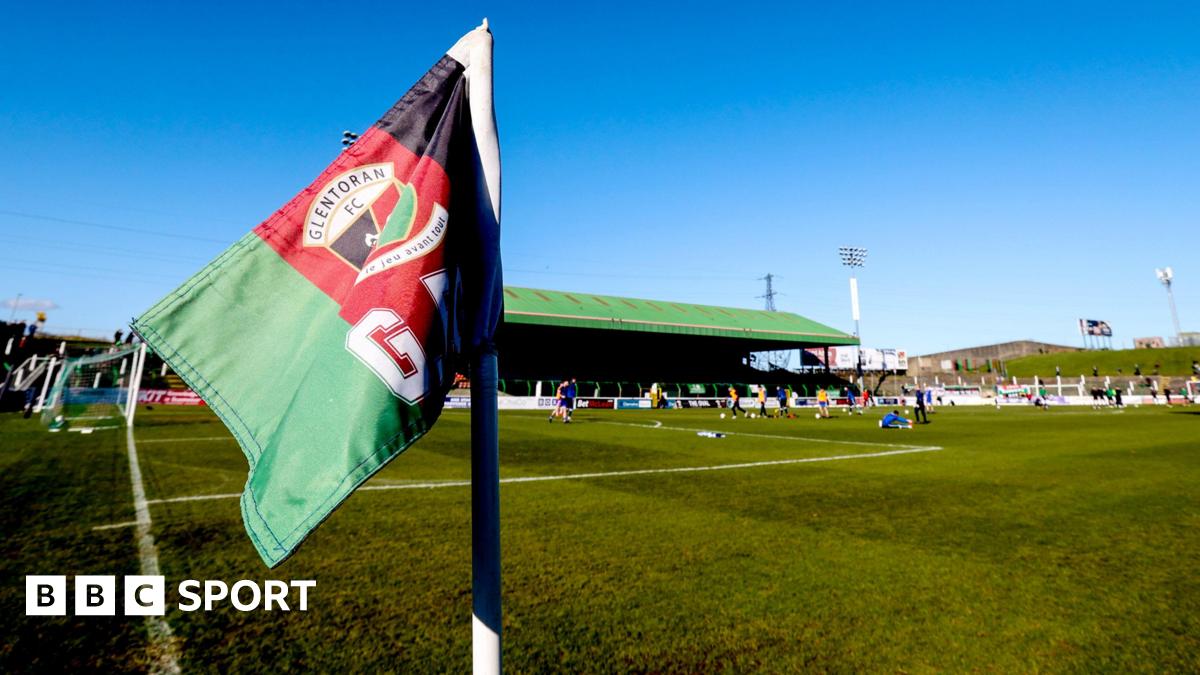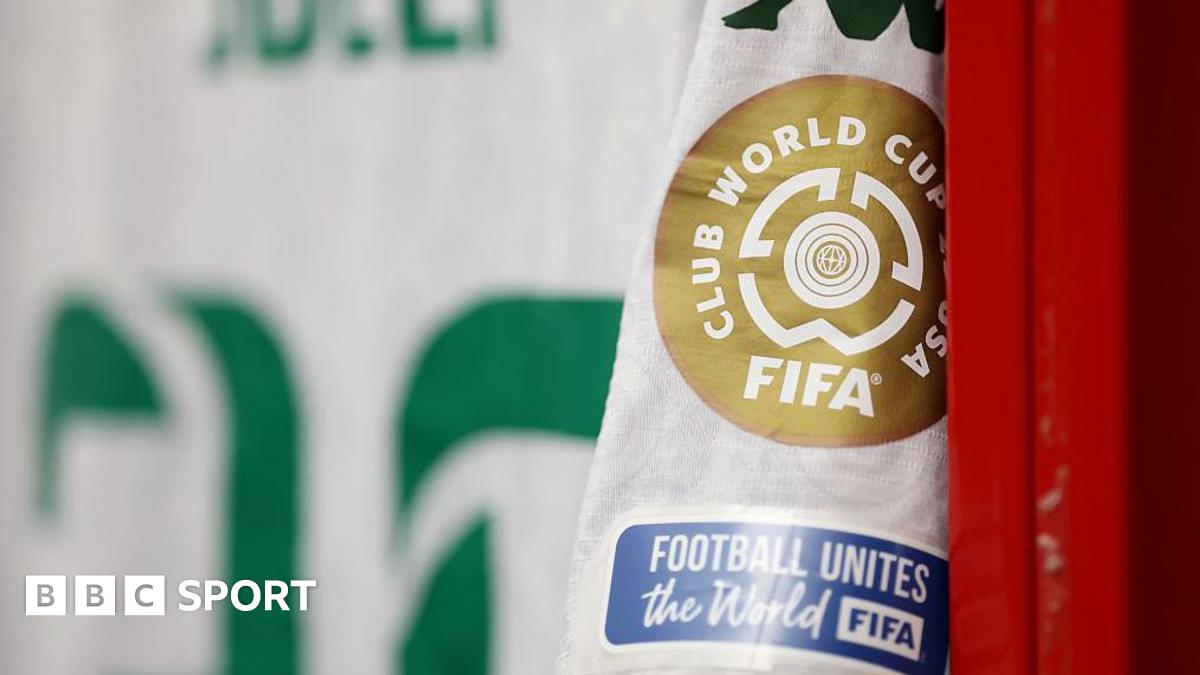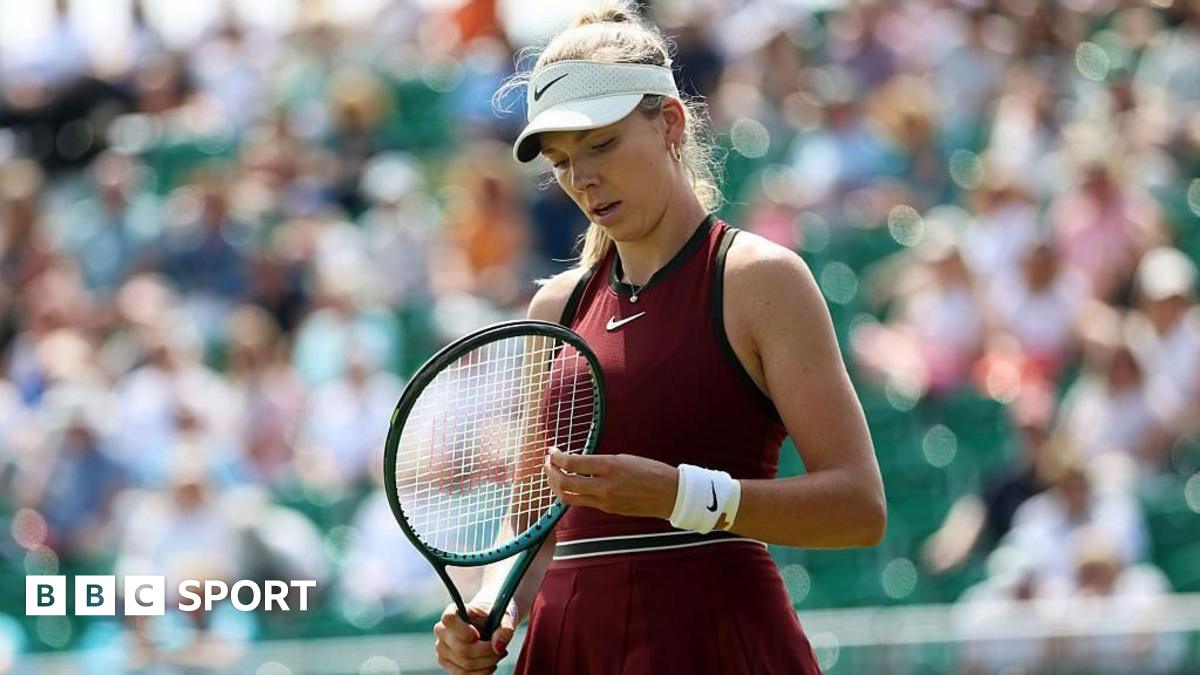By any normal yardstick, the Le Mans 24 Hours is one of the most difficult and demanding races in motorsport.
The concentration levels alone are virtually impossible to uphold, on public roads at more than 200mph, much of it in the dead of night - a blend of headlights and engine drones creating an almost tortuous assault on the senses.
But Robert Kubica won the race at the age of 40, with a severely damaged right arm - the legacy of a horrific rally crash 14 years ago which nearly took his life and put paid to a glittering career as a Formula 1 driver who could have won world championships.
Victory at Le Mans is vindication for a man whose unsuccessful return to F1 a few years ago was called into question. His talent, though, never was.
"I don't think my limitations are limiting behind the wheel. I think if someone had doubts in the past I showed those doubts should not be in place," says Kubica defiantly.
"I'm driving and I'm happy. I remember when I was rejoining F1, there was a lot of rumours and I understand: You see my hand. It's normal to ask questions... if I'm capable, if it's safe.
"And there was some very extreme quotes of some people which hurt me because I'm the first one who would never like to be back just for marketing or a being a PR muppet."
Victory at the Circuit de la Sarthe on Sunday was exhausting for Kubica, still "dampened" through fatigue after "only getting two hours' sleep" across a race in which he spent more than three and a half hours in the car across five stints, consuming 12-13,000 calories just to stay focused.
As a result, Ferrari's 499P is a Le Mans icon, having won the race three times in a row - the previous two years by the works cars.
Kubica's win was in the privately entered AF Corse - yellow livered as a nod to the early days of Ferrari's time in Modena before Enzo Ferrari moved operations to the now-famous Maranello near Bologna.
Both Ferrari and the AF Corse team are closely linked, but victory ahead of the red cars is nevertheless significant.
Even more so given the unconventional crew of Kubica, Chinese youngster Ye Yifei and Britain's Phil Hanson. All unfancied at the start, all part of history now.
"Robert is great to have as a team-mate - he is a great driver, but we also call him the 'technical director' as well because he has so much knowledge," says Ye, who became the first Chinese winner of Le Mans on Sunday.
Since winning the 2008 Canadian Grand Prix for the big budget BMW-Sauber F1 team, Kubica had proven his worth as cool-headed decision maker in the cockpit, during an era when Lewis Hamilton and Sebastian Vettel came to prominence.
Following a season of keeping up his high standards in a Renault not befitting of them, Kubica took part in the Ronde di Andora rally, and everything changed.
He crashed into a barrier and was trapped for more than an hour after severely injuring the right-hand side of his body, and eventually having his right arm partially amputated.
"I have serious limitations in my right arm but I don't remember how I was driving before; this is how I am now - it's probably one of the biggest successes of my life: at one period of my recovery driving was my best medicine.
"I can see someone watching my hand, which is normal; but in the end when driving I'm fully in myself. Honestly, I have bigger limitations [elsewhere] in daily life than the race cars."
But it was in driving racing cars where so much doubt was cast over Kubica when he returned to F1 full-time in 2019. Many wanted him back behind the wheel, despite the fact he would have to drive the car differently because of the lack of space in an F1's car's cockpit.
In an uncompetitive Williams, Kubica was beaten regularly by his up-and-coming team-mate George Russell.
"People pointing the finger, saying maybe it wasn't safe, and having doubts. They are not doing it anymore," says Kubica defiantly.
"I asked myself three years ago… I was thinking I should stop. But I'm the most lucky person around the world. I have a holiday all year because I'm doing something I like; for me racing is everything.
"Everything I do in daily life is to prepare for the race track. I don't know what [else] I would do - [stopping] is a big decision, and a scary one.
"The passion is still there; the fire is still there. My main engine pushing me is my passion."

 3 hours ago
1
3 hours ago
1






 English (US) ·
English (US) ·